‘Independence helped grow Para sports’
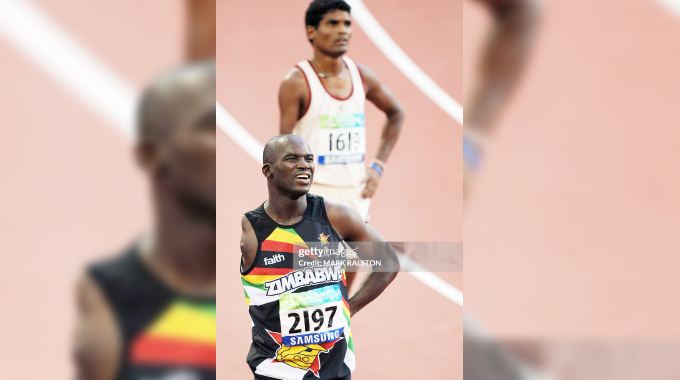
Lovemore Dube, [email protected]
LEGENDARY Paralympian Elliot Mujaji said the dawn of Independence in Zimbabwe lifted the profile of sport for people with disabilities.
Mujaji said before Independence people who had disabilities did not have the privilege they are now enjoying, of partaking in international sport. He said sport was recreational or for physiotherapy with no one aware of the vast opportunities at their disposal.
He said it was even worse among the black majority who when with disability were expected to be a beggar at the mercy of the community.
Mujaji commended the Government of Zimbabwe through the Ministries of Education and Sport, for ensuring that sporting opportunities were availed to a wider audience through investment in facilities, human capital and creating an environment for international relationships with sports mother bodies.
“I celebrate Independence of the country with many in my predicament, which are living with disability. Soon after Independence, there was deliberate focus as well, to ensure those who love sport among those with disabilities are availed opportunities too. People who previously had no idea arose to participating in the annual Danhiko Games, every institution for people with disabilities, aspired to see its members getting opportunities to try this and that,” said Mujaji.
He admitted that while his exploits received broader media appeal because athletics is more popular than bowling for those with visual impairment, it was Sibanda who had put them on the map.
He said after the exploits of Commonwealth title winning Connie Sibanda in the 1980s, the nation was awakened to self-worth of Paralympians. The nation got to know that these people are in our midst and have the potential to be iconic figures to survive on the exploits of their sporting talents defying the notion that they should always carry begging bowls.

“Hats off to Sibanda who soon after Independence led the way for sports, for people with disabilities,” said Mujaji.
Independent Zimbabwe awakened to the fact that sport could be another career pathway for people living with disabilities ,far from academics and practical jobs.
Mujaji a two time Olympic champion, a World Paralympic gold medalist and African champion, said Sibanda’s pioneering role in the 1980s had done well to raise awareness in the country.
“She was our pioneer. The nation back then did not know there were international competitions of such nature. She proved a good ambassador for Paralympians sports,” said Mujaji.
Mujaji did not start off as an athlete with a disability. He had no physical defect until 1998 when an incident while at work forced amputation of one of his hands.

Eager to continue running, through the support of the Government sport regulating body, the Sport and Recreation Commission and Zimbabwe Olympic Committee, he was able to go back to sport far from the man who had spent over two months in a coma at hospital.
In his first major international competition in 2000, the Sydney Paralympics, Zimbabweans were shocked to learn one morning that an athlete had won gold in Australia.
The victory did wonders for sport for people with disabilities.
The Olympics and Paralympics are the biggest sporting gatherings in the world, the dream of every athlete to participate in.
Mujaji among the country’s most successful Paralympians, won gold at the Sydney Paralympics in the 100m and followed it up with another in Athens, Greece in 2004.
In between, he won gold and silver in the 2002 World Paralympic Championships, setting a record that stands to this date in the 200m of 21,88 seconds. He won silver in the 100m
He was in blistering form the following year at the Abuja 2003 All-Africa Games, where he netted two gold medals for Zimbabwe in his preferred events, the 100 and 200m sprints.
Prior to his injury in 1998, Mujaji had been one of the country’s top 200, 400m and relays athletes.
Today people living with disabilities are partaking in a number of international events such as wheelchair tennis, marathons, power-lifting and badminton and making a living through earnings on tours.

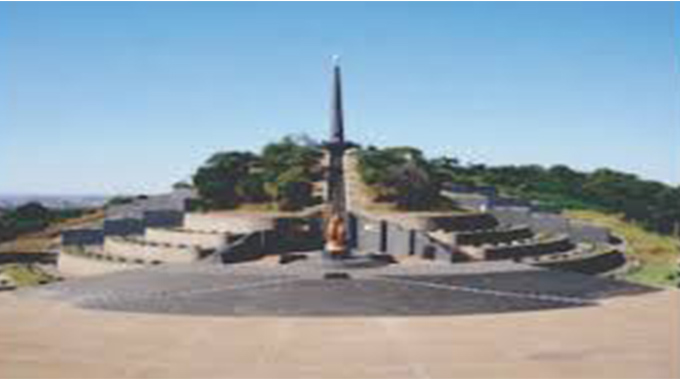

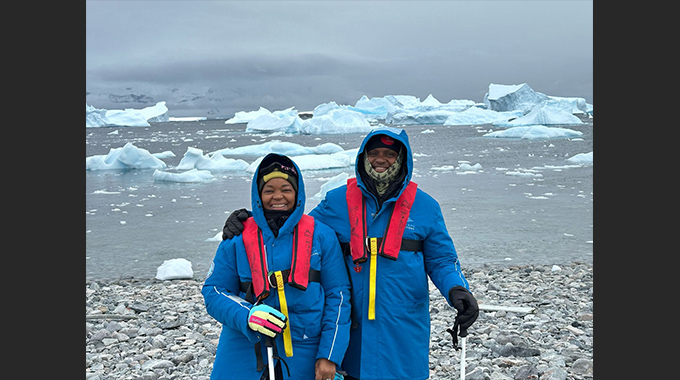
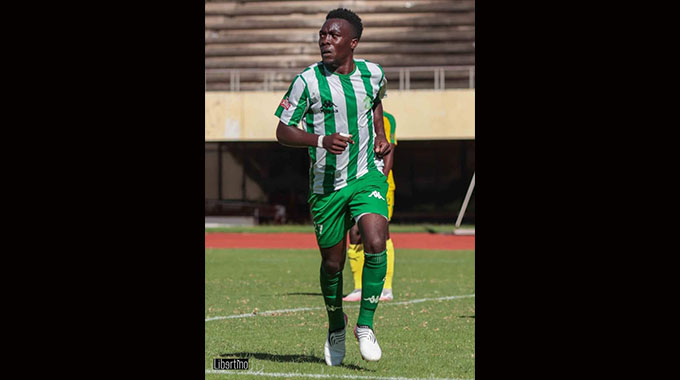
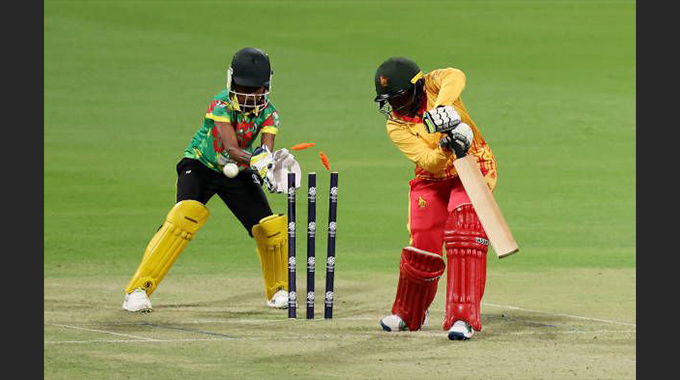




Comments